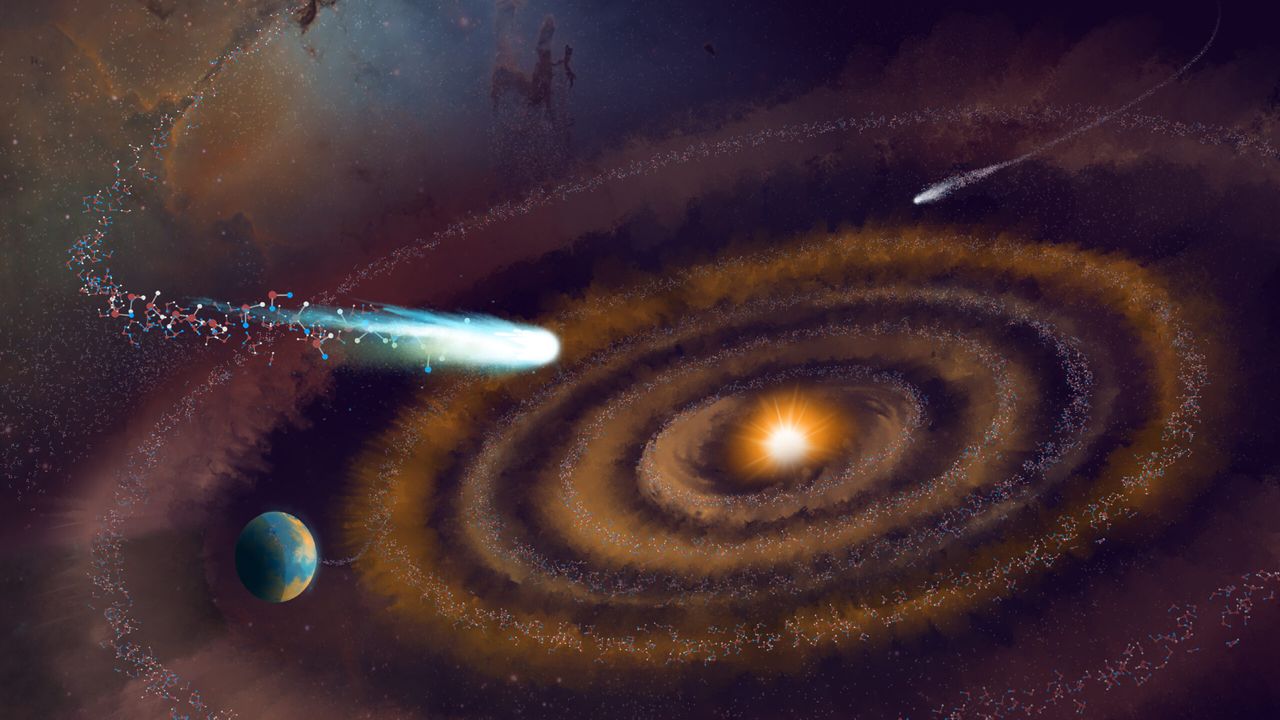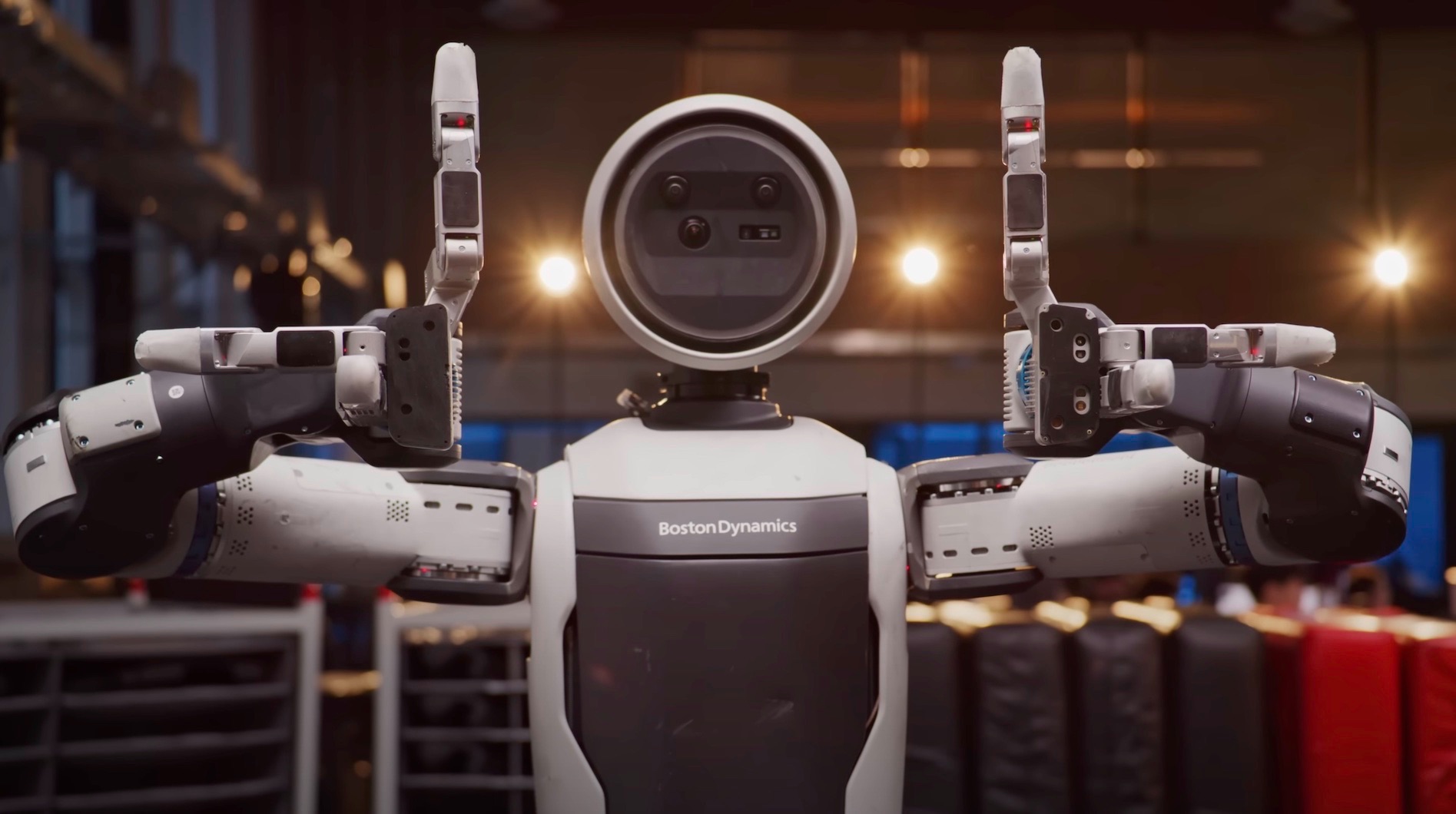Scientists discover new way to predict next Mount Etna eruption
PositiveScience

Scientists have made a significant breakthrough in predicting eruptions at Mount Etna by analyzing the ratio of small to large earthquakes beneath the volcano. Their research, which spans the last 20 years, reveals a strong correlation between these seismic changes and volcanic activity. This discovery is crucial as it could enhance early warning systems, potentially saving lives and minimizing damage during future eruptions.
— Curated by the World Pulse Now AI Editorial System





/https://tf-cmsv2-smithsonianmag-media.s3.amazonaws.com/filer_public/97/6a/976a8d28-5dfb-4bcb-8cda-5a94766a1a34/gettyimages-2204657578.jpg)






